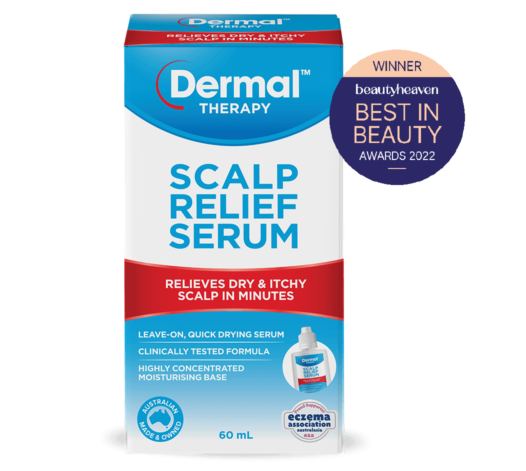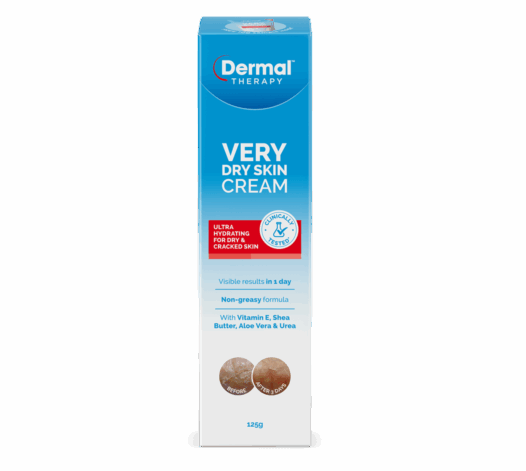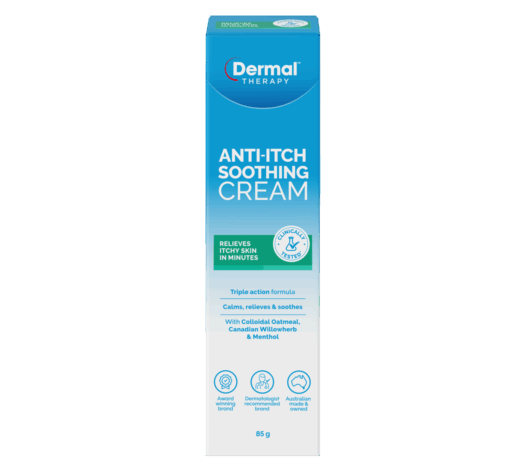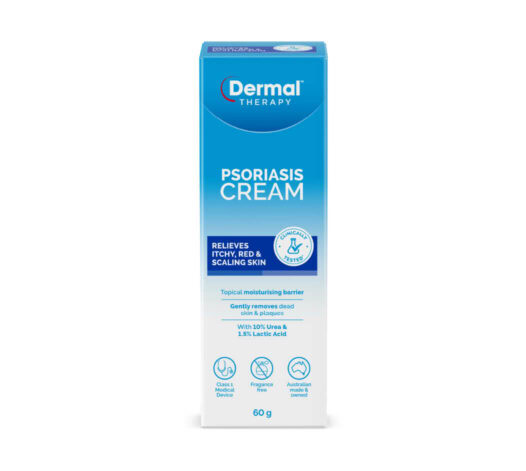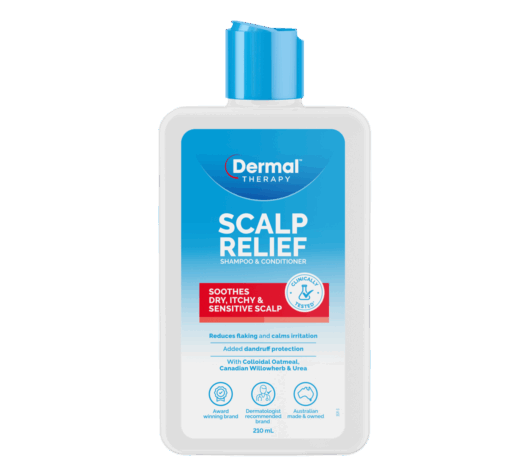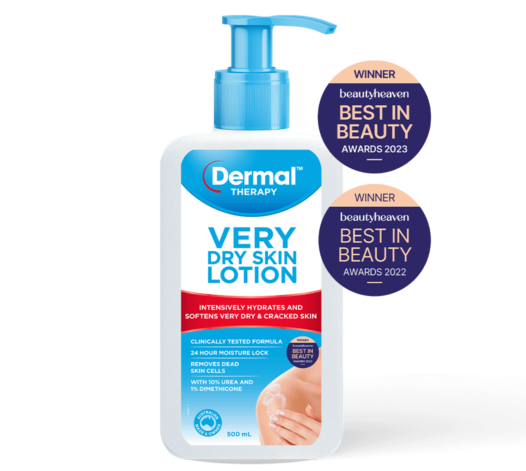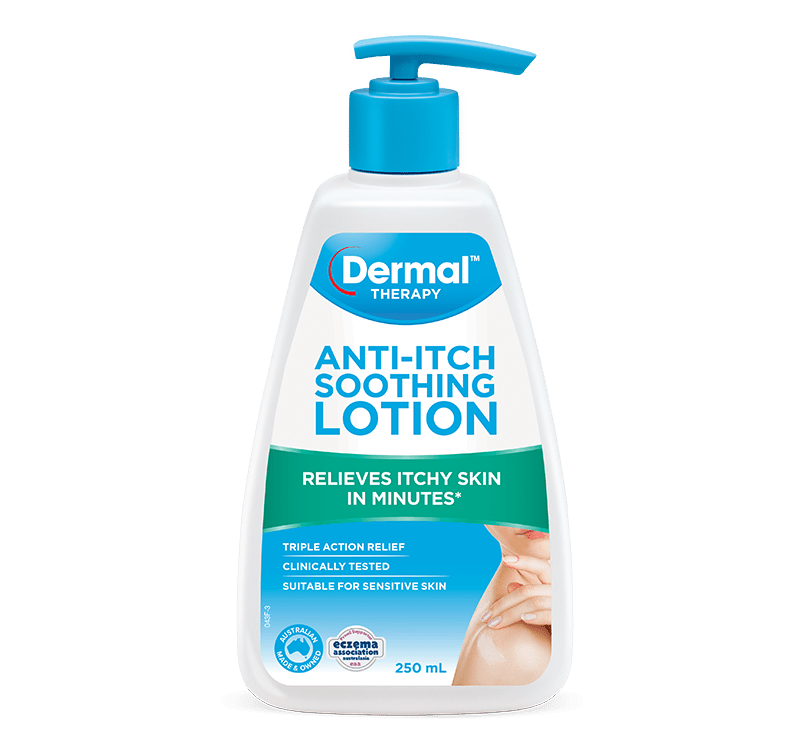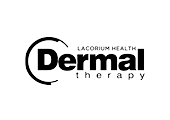Psoriasis – The Ultimate Guide: Symptoms, Treatments, and Expert Advice

Area
PsoriasisKey Takeaways
- Causes of Psoriasis: When the immune system mistakenly accelerates skin cell growth, leading to a rapid build-up of thick, scaly patches.
- Treatment for Psoriasis: While there is no cure, effective treatments can manage symptoms. Combining medical and topical solutions can be beneficial.
- Finding Support: Consider consulting a medical professional for treatment and use effective products like those from Dermal Therapy for daily relief.
Psoriasis can be a confusing and frustrating journey. This guide is here to provide clarity and support, offering a comprehensive look at the condition from symptoms to treatment options. As a trusted source for therapeutic skincare, Dermal Therapy is here to help you find the right solutions to manage your condition and feel more comfortable in your skin.
What Is Psoriasis?
Psoriasis is a common, long-lasting skin condition that happens when your immune system tells your skin cells to grow too quickly.
Psoriasis Symptoms
The most common sign is a distinct psoriasis skin rash that appears as red or dark patches covered in thick, silvery scales. These patches can be intensely itchy, painful, or feel like they’re burning.
Psoriasis Types
The most common form is plaque psoriasis, but other types include guttate (small red spots), pustular (pus-filled blisters), and inverse psoriasis (smooth, red patches in body folds).
Common Areas
While it can appear anywhere on the body, psoriasis most often affects the scalp, elbows, knees, and lower back. It can also cause changes to the nails and joints.
For a more detailed look at the characteristics of each type, read our full guide on Diagnosing the Different Types of Psoriasis.
Psoriasis vs. Eczema
While both conditions cause dry, red, and itchy skin, psoriasis and eczema are two distinct chronic skin conditions that differ in their symptoms, causes, and required treatments.
Different Symptoms
Psoriasis typically presents as thick, well-defined red patches with silvery scales. Eczema causes intensely itchy, red patches that may weep or crack and have poorly defined borders.
Underlying Causes
Psoriasis is an autoimmune disorder where the immune system over-accelerates skin cell growth. Eczema is linked to a compromised skin barrier, making skin vulnerable to environmental triggers and allergens.
Treatment Approaches
Psoriasis treatments focus on immune-modulating drugs and light therapy, while eczema treatments concentrate on restoring the skin’s barrier with intensive moisturisers and avoiding triggers.
For a complete breakdown of how these two conditions differ, read our full guide on What’s the Difference Between Eczema vs. Psoriasis?.
Psoriasis Treatment Options
When it comes to managing the condition, a range of effective psoriasis treatment options are available. The right treatment for psoriasis is one tailored to your skin. Consulting a medical professional can be a helpful step.
Topical Psoriasis Treatments
These are often the first line of defence for mild to moderate cases. They include over-the-counter psoriasis creams, as well as prescription medications like corticosteroids and Vitamin D analogues.
Phototherapy Treatments
Also known as light therapy, this involves exposing the skin to specific wavelengths of ultraviolet light to help slow the growth of skin cells.
Systemic Medications
For more severe cases, doctors may prescribe medications taken by mouth or injection that work throughout the body to target the immune system.
For a complete guide to finding the right topical solutions, read our full article on What Are the Best Creams for Psoriasis?
Psoriasis in Different Skin Types
A psoriasis skin rash can vary depending on your skin tone. It typically appears as bright red patches on fair skin, but on darker skin tones, the rash can look more purple or brown, making it harder to diagnose. Because of these differences, consulting psoriasis specialists is crucial to ensure your treatment plan is tailored to your specific needs.
Learn more helpful tips in our guide to Psoriasis in Different Skin Types – Understanding and Caring for Psoriasis.
Diet Management and Psoriasis
Diet can be a key part of your overall psoriasis treatment. While there’s no single “psoriasis diet,” understanding how certain foods can influence inflammation is an important step. For a complete breakdown of what to consider eating to manage your condition, read our article on Diet Management for Psoriasis – Facts Over Fiction.
Scalp Psoriasis and Hair Loss
Scalp psoriasis can be a challenging condition, with thick, scaly plaques that may lead to temporary hair loss. Using a specialist shampoo for psoriasis is a gentle yet effective solution. The right psoriasis shampoo can help soothe irritation and reduce flaking, making it a key part of managing the condition. Learn more in our guide to Scalp Psoriasis & Alopecia – Top Ways to Reduce Hair Loss
Psoriasis in Children
While less common, psoriasis can affect infants and children, and its symptoms can look different from those in adults. Managing a child’s delicate skin requires a careful and gentle approach with the guidance of a medical professional.
For a comprehensive guide on symptoms, diagnosis, and treatment for psoriasis in infants and children, read our full article on Paediatric Infant Psoriasis.
A Final Word on Managing Psoriasis
Psoriasis is a manageable condition, and we hope this guide has empowered you with the clarity needed for an early diagnosis and proper treatment plan. To help you on your journey to real relief, explore Dermal Therapy’s full range of psoriasis solutions, designed to soothe, repair, and protect your skin.

